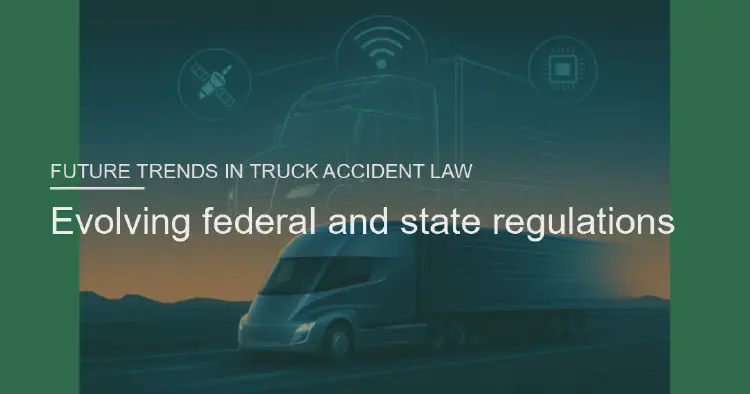
Evolving federal and state regulations
Trucking laws in the U.S. are shaped by both federal and state governments. As technology advances and safety concerns grow, regulations are evolving to address new challenges in the industry.

Trucking laws in the U.S. are shaped by both federal and state governments. As technology advances and safety concerns grow, regulations are evolving to address new challenges in the industry.
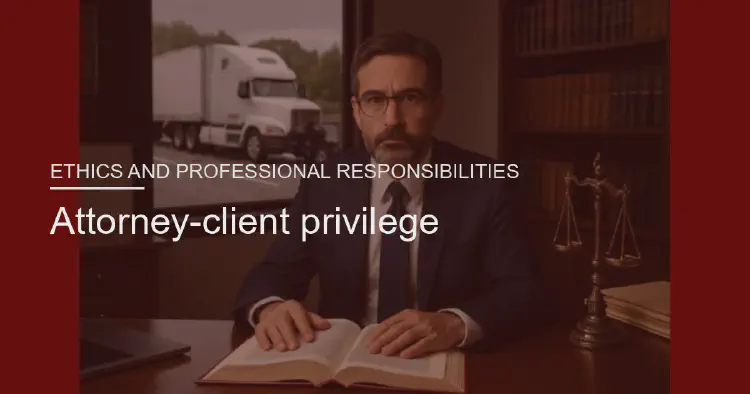
Attorney-client privilege is a cornerstone of legal ethics, ensuring clients can communicate openly with their lawyers. In truck accident cases, this protection is vital for building trust and preparing strong claims or defenses.
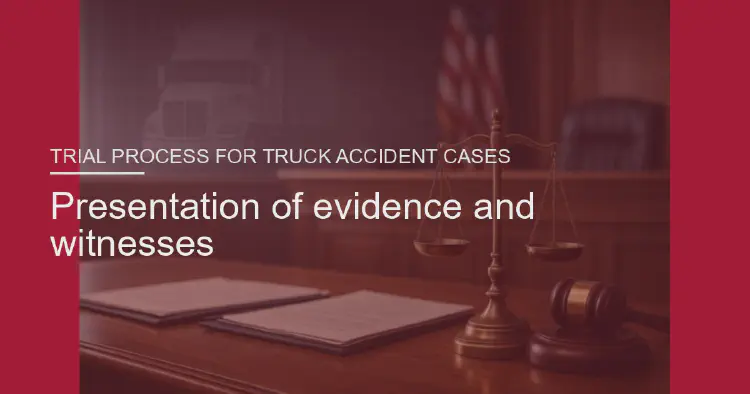
After opening statements, each side presents evidence and calls witnesses to support their version of events. In truck accident cases, this stage often involves technical records, expert testimony, and eyewitness accounts.
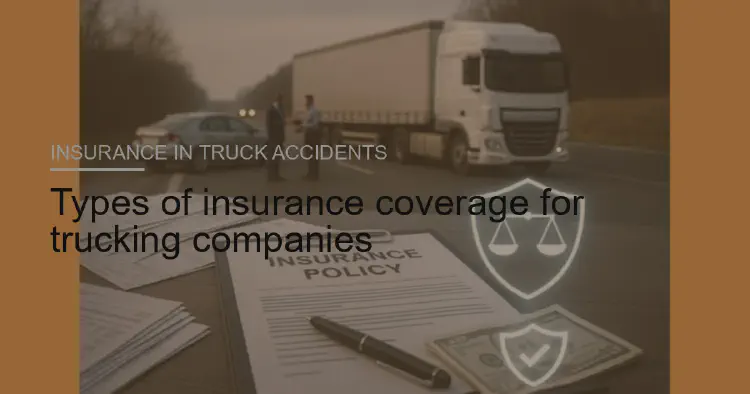
Because of the high risks and potential damages associated with commercial trucking, companies are required to carry specialized insurance policies. These cover not only the trucks themselves but also the wide range of liabilities that can arise after an accident.
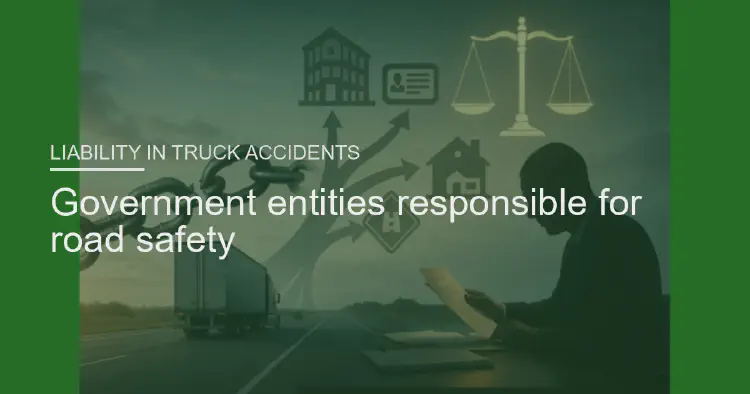
While drivers and trucking companies are often the focus in accident cases, government agencies can also share responsibility when unsafe road conditions or negligent maintenance contribute to a crash.
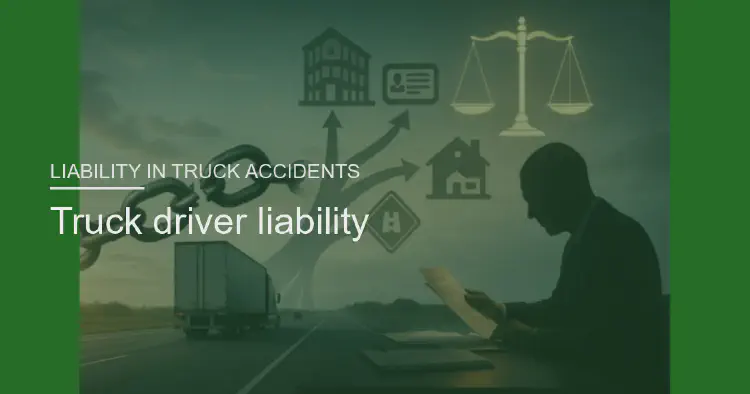
Truck drivers are the individuals directly operating commercial vehicles, and their actions are often the first factor examined when determining liability after a crash.